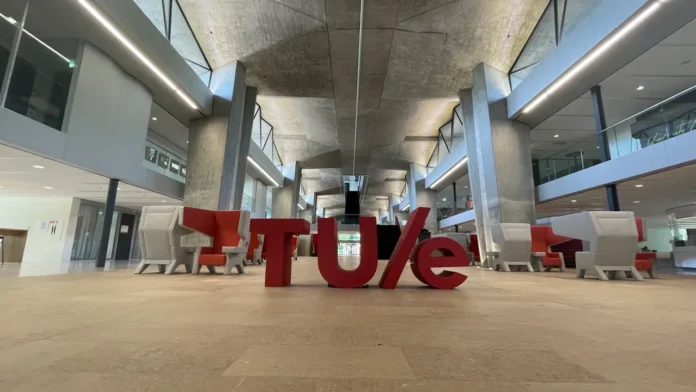The conflict between the university magazine Cursor and the board of the Eindhoven TU continues to fester. The journalists involved previously put Cursor on the blacklist. This is in protest against the ‘restriction of press freedom’. The university administration says it now stands up for critical reporting.
Earlier, Cursor announced that it is open to a rapprochement with the university administration, at a moment when press freedom is a common principle.
“Quality journalism – which is intrinsically fair – has an important signal function within society and also within a public institution like the TU/e. Journalism can point out where things are going wrong. The people who turn to us with a far-reaching story have one thing in common: they have already tried their luck at many counters,” the Cursor editorial board reports, among other things.
Detrimental
Whether the TU/e administration is impressed by this message remains to be seen. Freedom of the press is generally considered an important point because journalists should be able to check and question those in power. Yet the university did put pressure on journalists from Cursor to use it to stop a publication about a new rector.
The board appoints the editorial board. The board believes that the editor-in-chief of Cursor should inform the editorial board if a publication could be ‘detrimental’ to the TU/e, and to the same university administration.
In addition, to defend the censoring of Cursor and the firing of the editor-in-chief, the university administration invokes terms that are open to interpretation: ‘balance’ and ‘impartiality’.
‘Too long’
The university administration informed that a critical article about new rector Silvia Lenaerts, who had previously brought the appearance of a conflict of interest over herself in Belgium, was “too long.” Moreover, part of the article was based on one anonymous source. That is also impermissible, the board said.
The article, according to the university administration, was then too long – the length alone would suggest that “something is going on.”
Conflict of interest
Around the time of Lenaerts’ appointment, the rector also appeared in an interview with two other newspapers in Belgium. The matter surrounding the alleged conflict of interest would have been cited in just one paragraph. Two Dutch newspapers did not cite the incident in an interview with Lenaerts at all.
According to the board, this is a good reason to accuse the article of being too comprehensive. That a diverse media landscape is valuable so that editors can make decisions independently is not mentioned. Nor is it mentioned that the situation surrounding the new rector is more relevant to TU/e students and staff than to readers of national and regional newspapers.
Lack of knowledge
Although concerns about press freedom at the TU/e have been voiced by local and national politicians, among others, the university administration says it stands firmly for that freedom. “We on our side cannot but stand up for critical reporting that is fair and balanced.”
Source: Studio040
Translated by: Chaitali Sengupta.
















